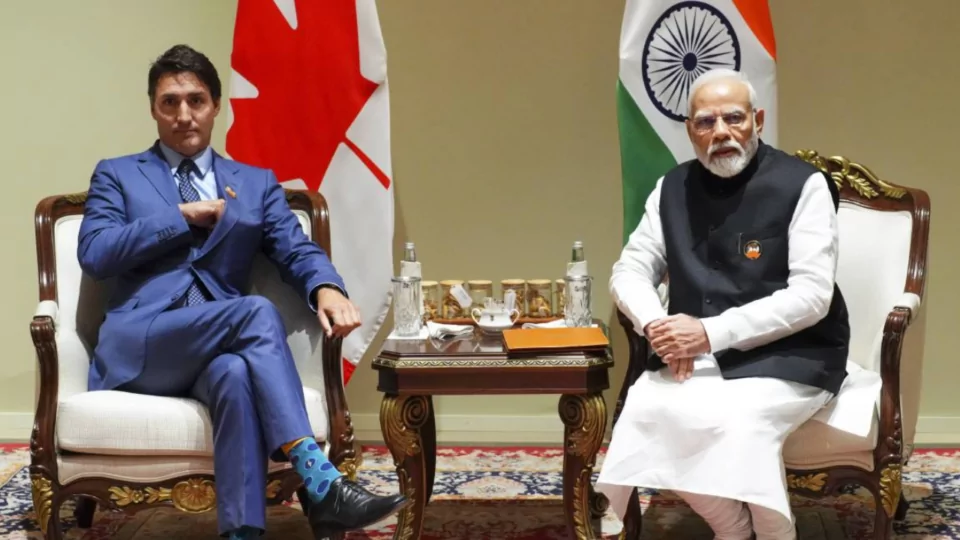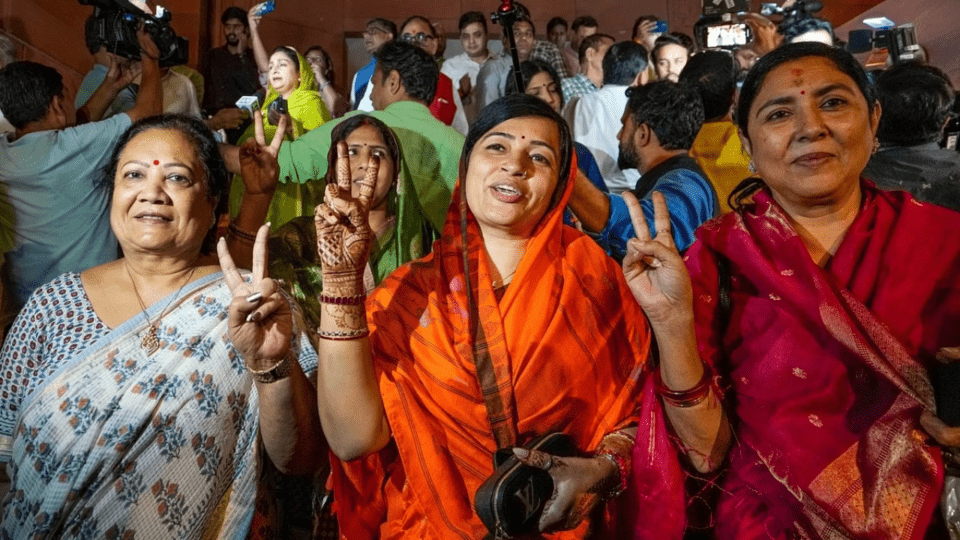In a recent development, India has taken the step of temporarily suspending the issuance of visas to Canadian citizens due to what it cites as “security threats” that have disrupted the normal operations of its missions in Canada. This move comes amidst a rising dispute surrounding the killing of a Sikh separatist on Canadian soil.
Tensions between the two nations escalated this week when Canadian Prime Minister Justin Trudeau suggested that India may have played a role in the assassination that occurred on June 18. However, Mr. Trudeau clarified that his intent was not to provoke India with these allegations.
India has strongly rejected these allegations, labeling them as “absurd.” During his remarks at the UN General Assembly in New York, Mr. Trudeau emphasized the growing importance of India as a nation and the need to maintain a working relationship. He stressed that Canada’s focus is on upholding the rule of law and ensuring the safety of its citizens, rather than creating further issues with India.
The bilateral relationship between India and Canada, both of which are key trade and security partners and allies of the United States, has been strained for several months and is currently at an all-time low, as per analysts’ assessments.
India’s government has made it clear that the suspension of visa services also applies to Canadians situated in third countries. This decision stems from security threats directed at Indian diplomatic missions in Canada, leading to disruptions in their normal functioning. India is seeking diplomatic parity with Canada, citing interference in its internal affairs as a reason for this demand.
In response, Canada has announced a reduction in its diplomatic personnel in India, citing threats received by some of its diplomats on social media. This move is aimed at ensuring the safety of their diplomatic staff while continuing to offer visa services within India.
The relationship between these two nations is historically close, with significant interests at stake. Canada boasts a sizable population of Indian origin, particularly among the Sikh community. India, on the other hand, is a major source of international students for Canadian institutions. Additionally, a substantial number of Canadian tourists visit India annually. Hence, resolving these tensions is crucial for the benefit of both countries.
As an independent media platform, we do not take advertisements from governments and corporate houses. It is you, our readers, who have supported us on our journey to do honest and unbiased journalism. Please contribute, so that we can continue to do the same in future.


